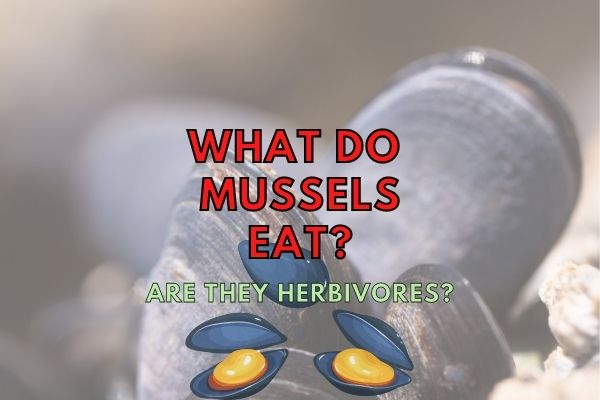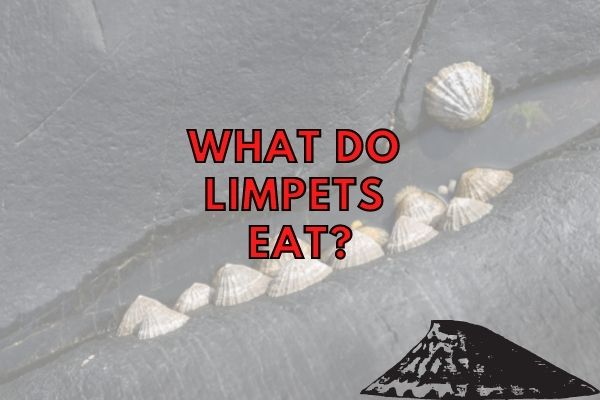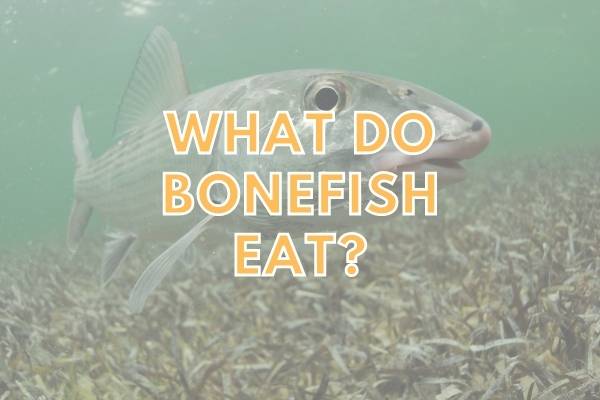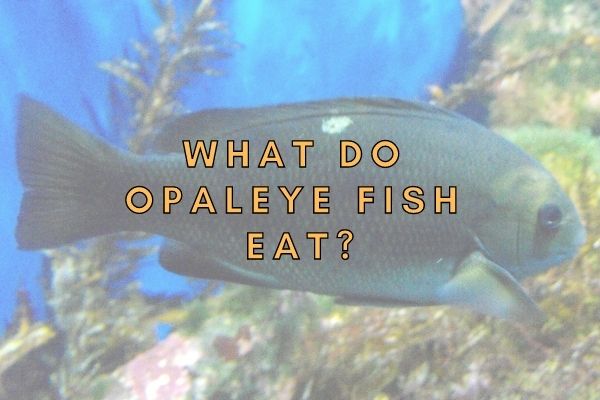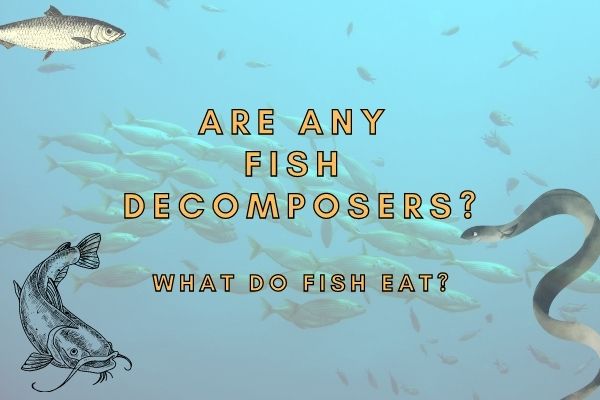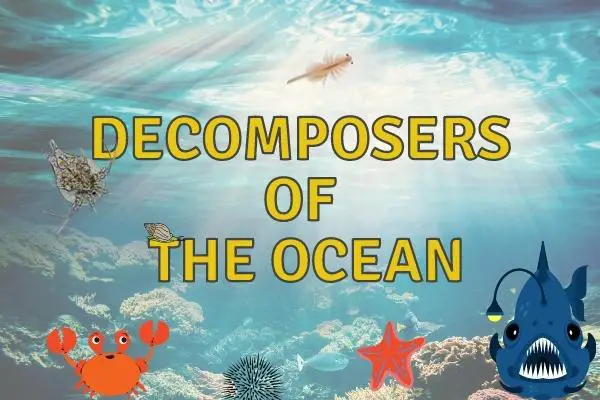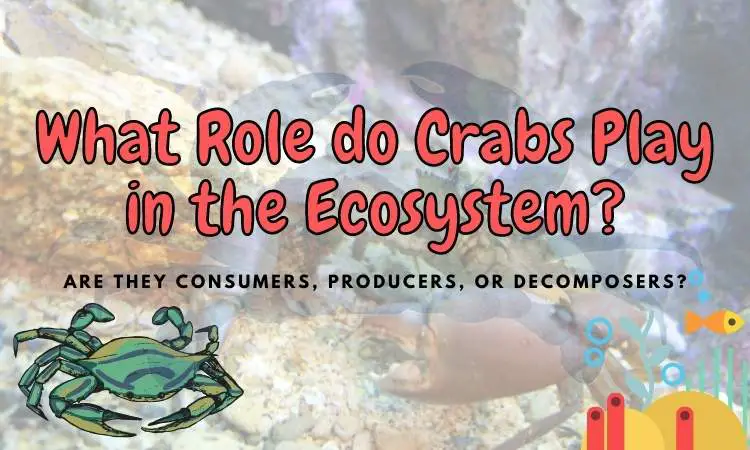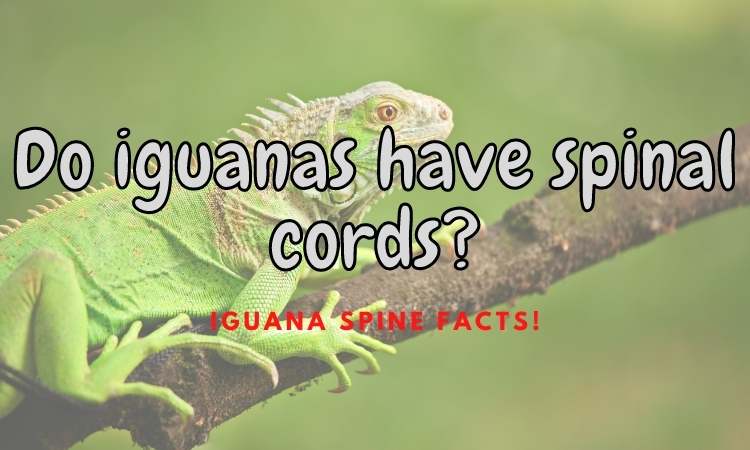Are Mussels Herbivores? (Answered!)
Mussels are common freshwater and marine bivalves. They are filter feeders that strain large volumes of water to extract small prey such as algae, bacteria and plankton. In this way, they play an important role in water purification. Mussels are mostly herbivores, but they are known to be opportunistic feeders that will consume other food…

